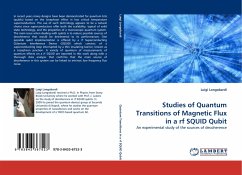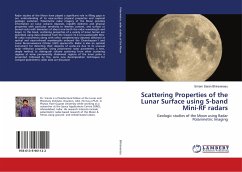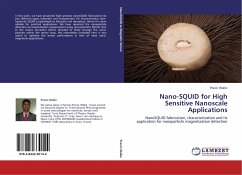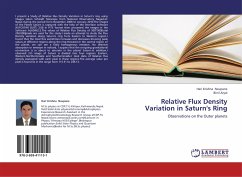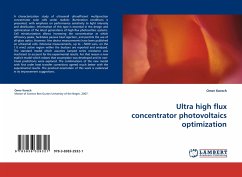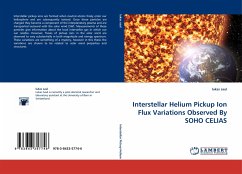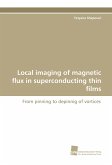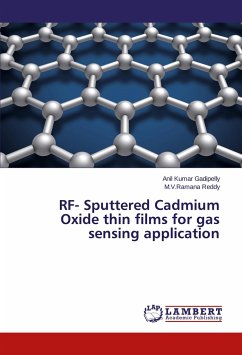In recent years many designs have been demonstrated for quantum bits (qubits) based on the Josephson effect in low critical temperature superconductors. The use of such technology appears to be a natural choice since superconductors offer both the scalability, typical of solid state technology, and the properties of a macroscopic quantum system. The main issue when dealing with qubits is to reduce possible sources of decoherence that would be detrimental to its performances. One possible qubit implementation is offered by a rf Superconducting QUantum Interference Device (SQUID) which consists of a superconducting loop interrupted by a thin insulating barrier, known as a Josephson junction. A variety of quantum of measurements of quantum effects on a rf SQUID are reported in this work along with a thorough data analysis that confirms that the main source of decoherence in this system can be linked to intrinsic low frequency flux noise.
Bitte wählen Sie Ihr Anliegen aus.
Rechnungen
Retourenschein anfordern
Bestellstatus
Storno

